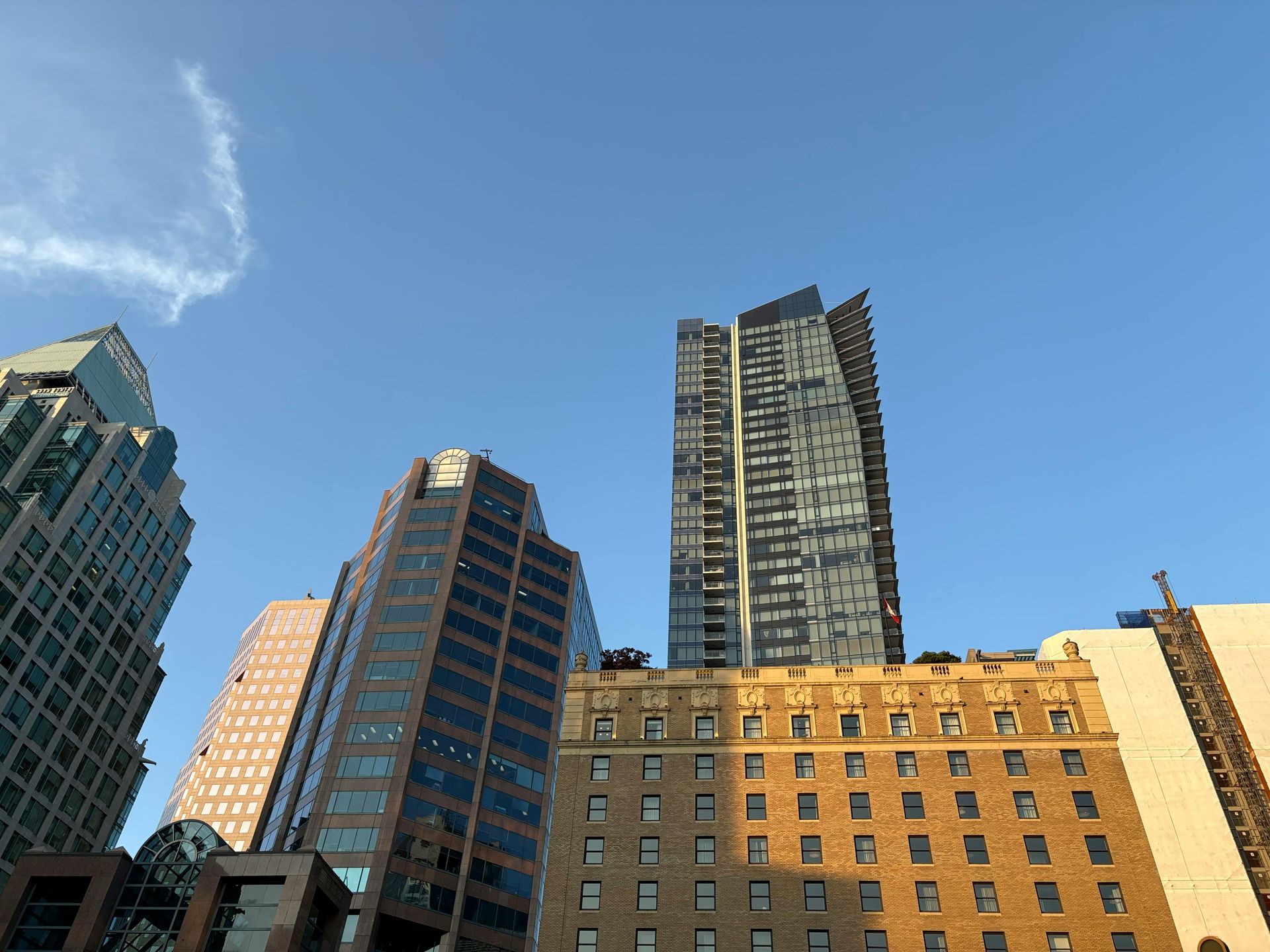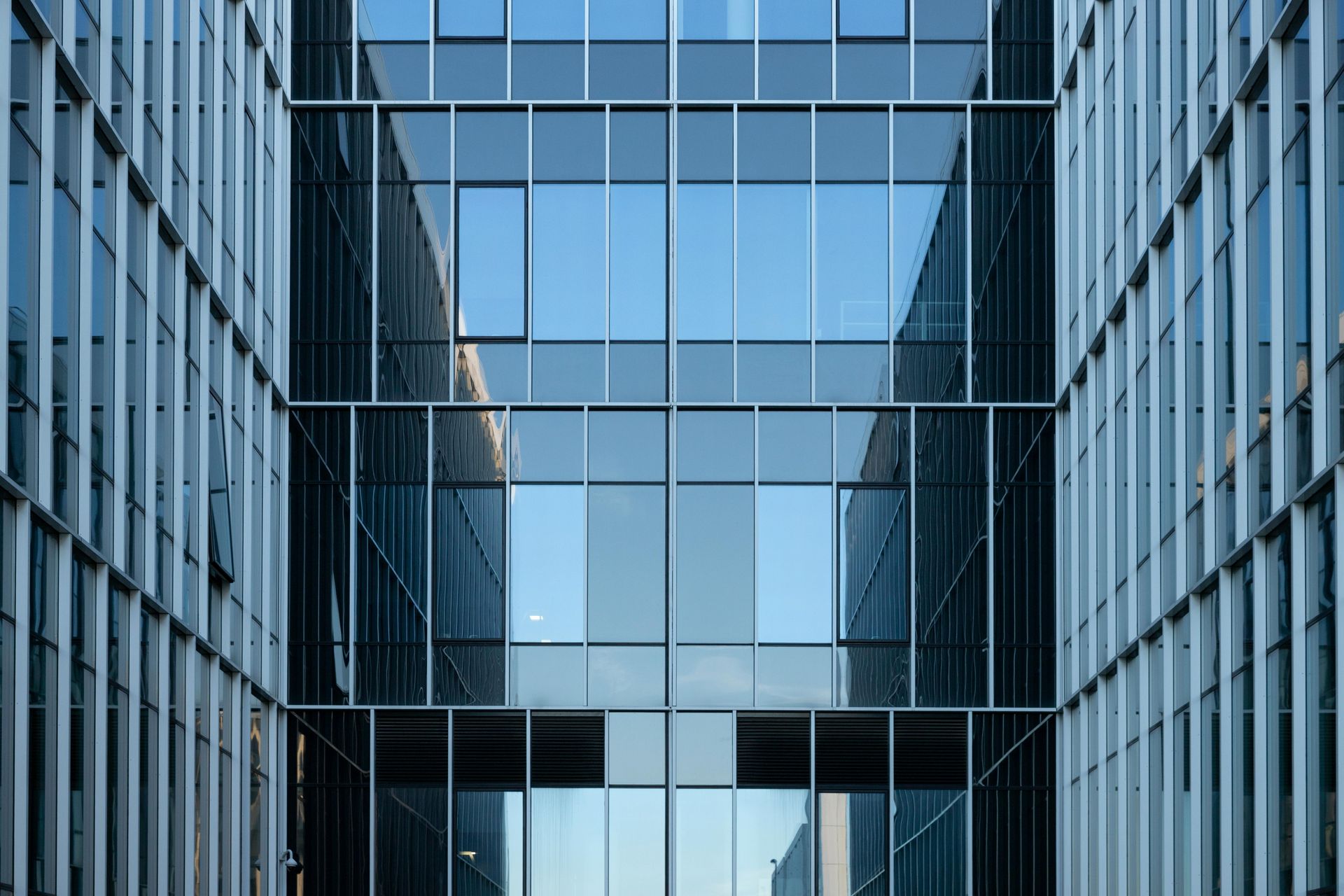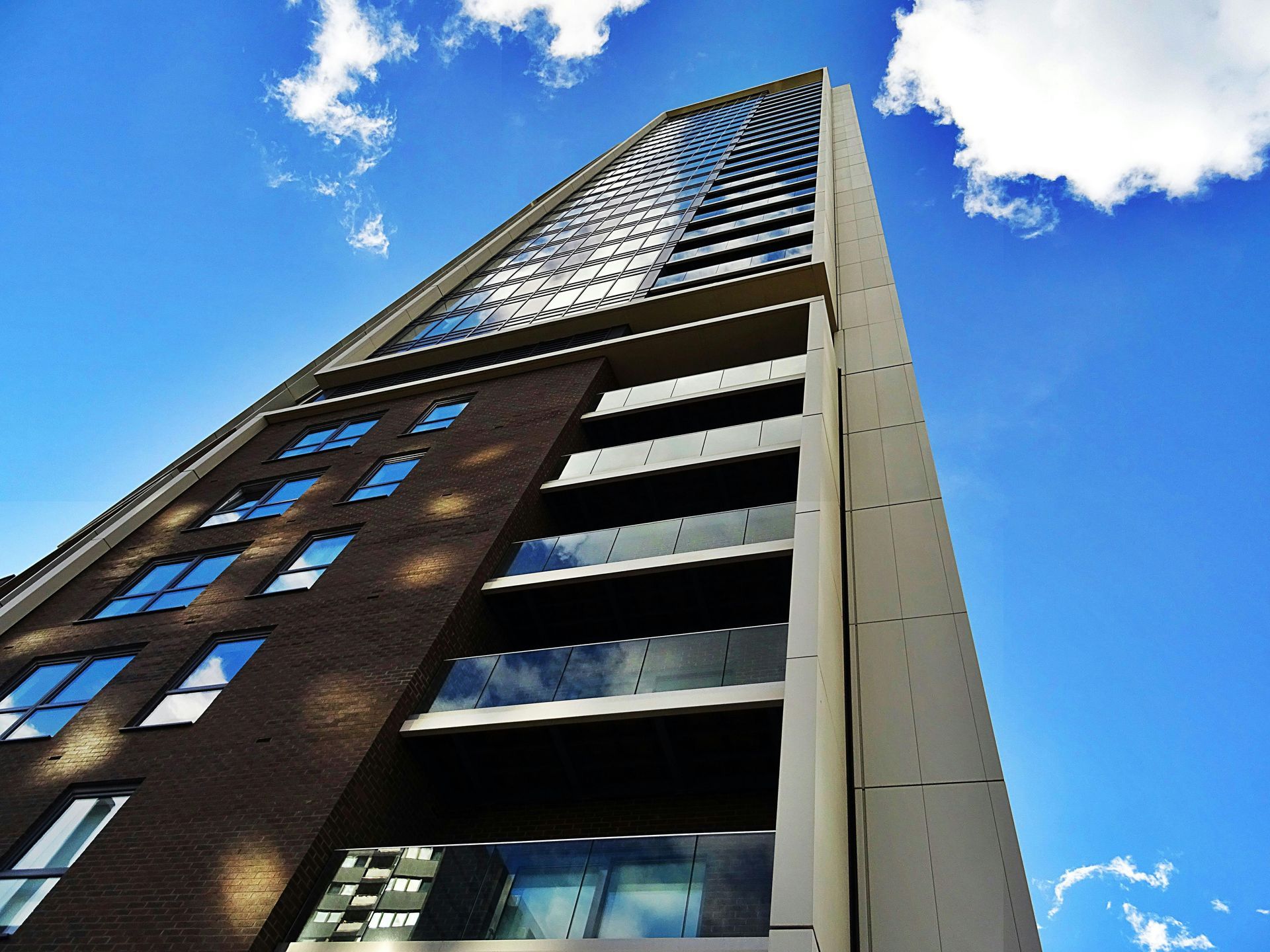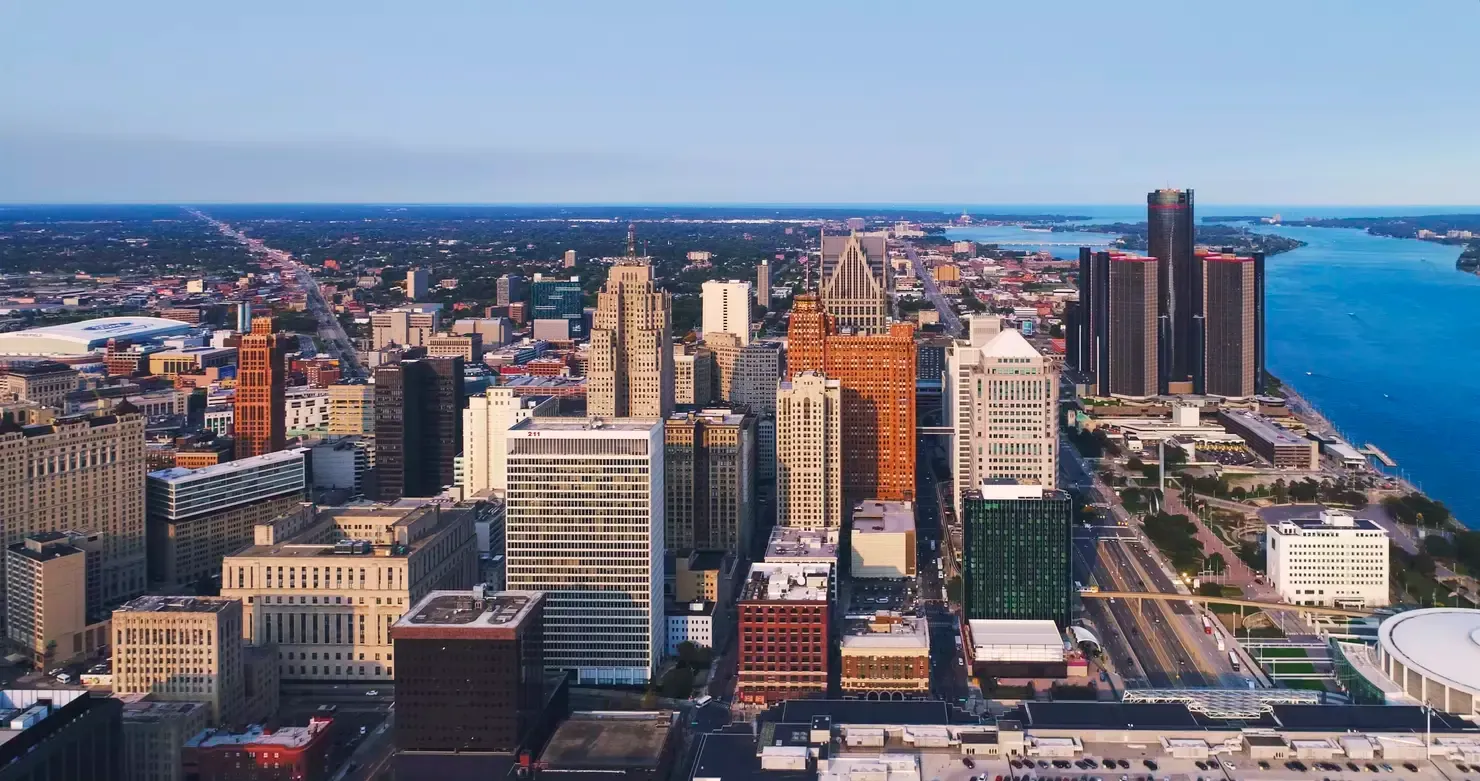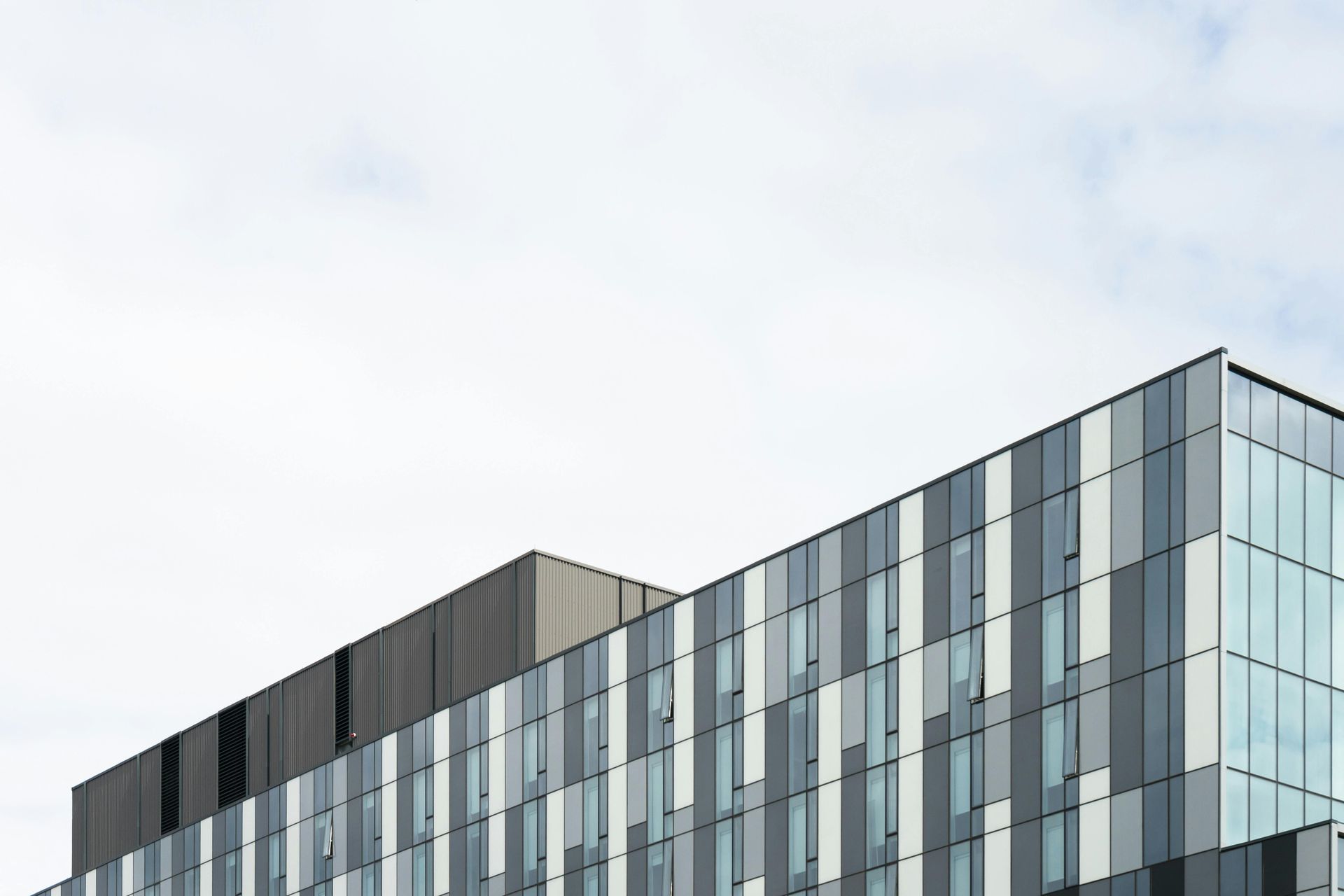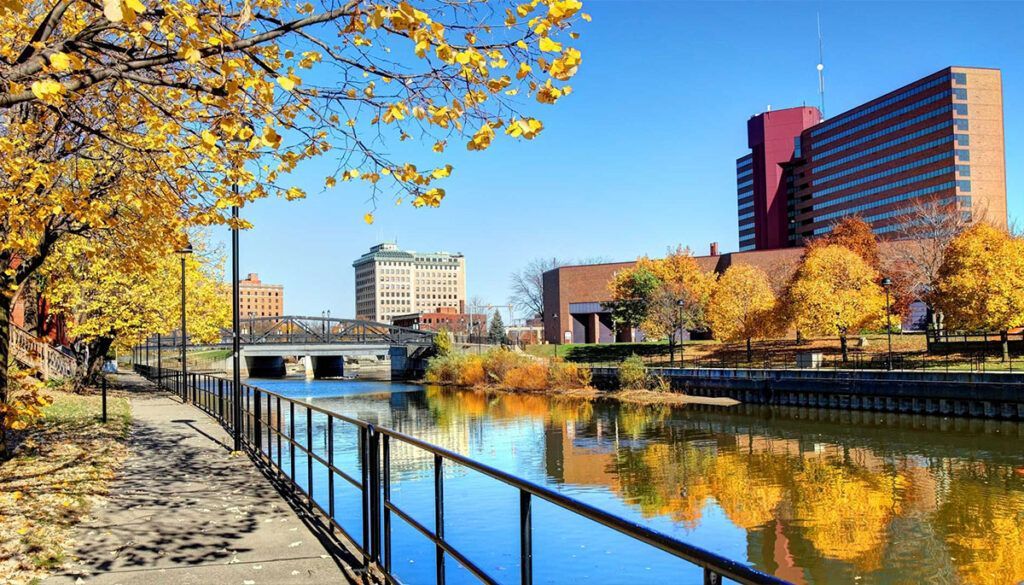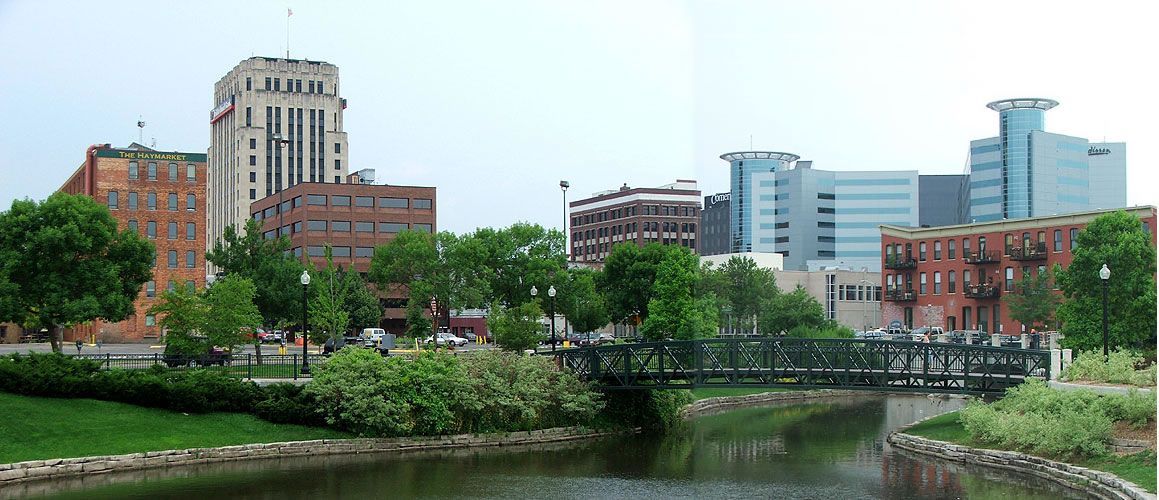Sector Spotlights for 2025
The Michigan commercial real estate market is dynamic, constantly evolving with economic shifts, technological advancements, and changing consumer demands.
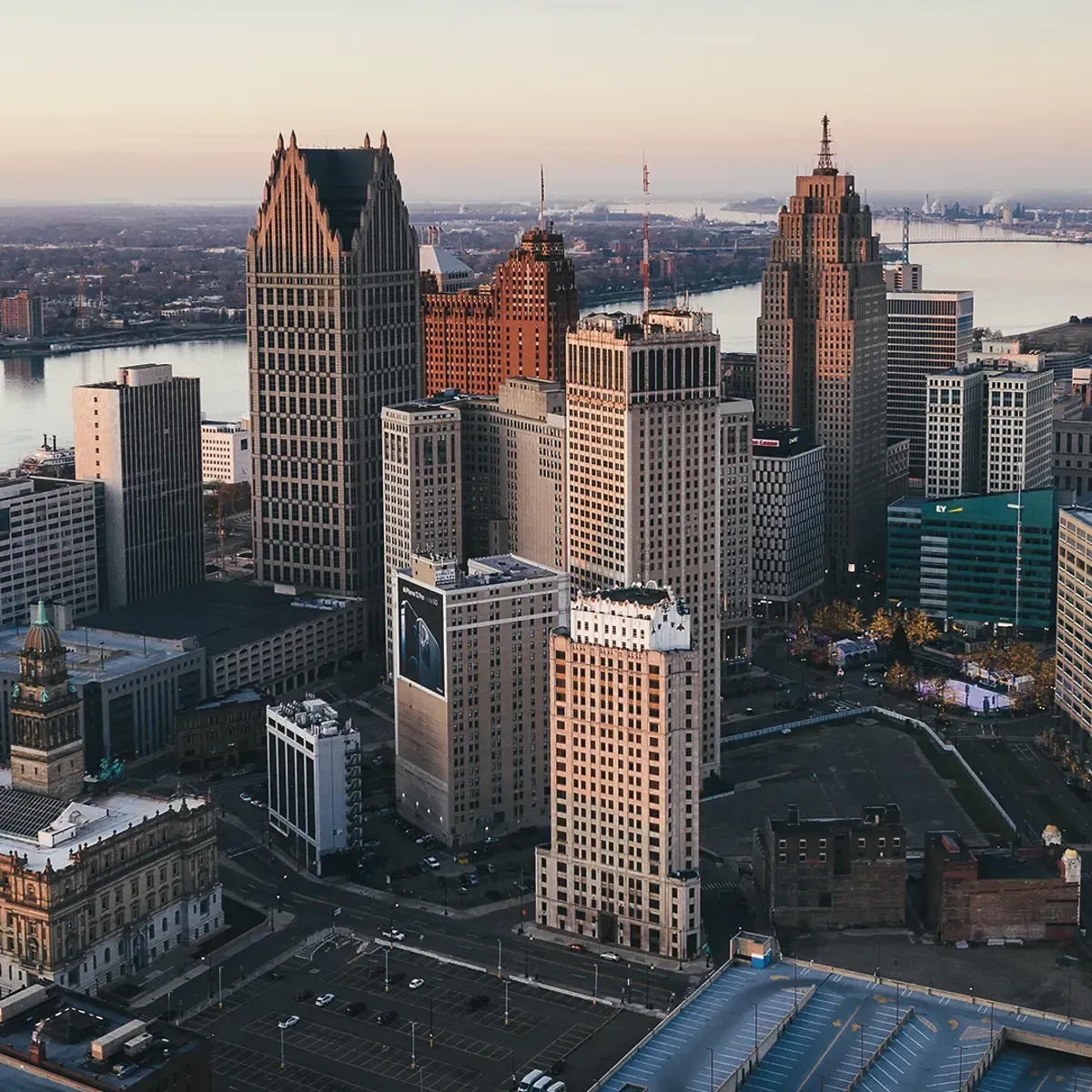
As we look ahead to 2025, it's crucial for investors, business owners, and developers to understand the emerging trends and opportunities across various sectors.
The Resilient Industrial Sector: Logistics and Manufacturing Hubs
The industrial sector continues to be a powerhouse in Michigan, driven by the state's rich manufacturing history and its strategic location for logistics. In 2025, we anticipate sustained growth in this sector, particularly in:
- E-commerce Warehousing and Distribution: The online shopping boom has created an insatiable need for warehousing and distribution facilities. Michigan's central location and existing infrastructure make it ideal for regional and national distribution centers. We expect to see an increased demand for facilities with high ceilings, ample loading docks, and efficient layouts to accommodate the flow of goods.
- Last-Mile Delivery Centers: As customers demand faster delivery times, smaller distribution centers closer to urban areas will become more crucial. These "last-mile" facilities, often closer to residential areas, will need to be strategically located to minimize transportation time and costs.
- Advanced Manufacturing Spaces: While the traditional automotive industry remains significant, Michigan is also becoming a hub for advanced manufacturing. Facilities supporting emerging industries like electric vehicles, battery technology, and renewable energy will see a rise in demand. These spaces often require specialized infrastructure and flexible layouts.
- Key Considerations for Industrial Investments: When considering investments in the industrial sector, several factors should be evaluated, including proximity to transportation networks (highways, rail, ports), the availability of a skilled workforce, and the suitability of the building's specifications for the intended use.
The Evolving Office Sector: Hybrid Models and Adaptable Spaces
The office sector has undergone a significant transformation since the pandemic, with the rise of remote work and hybrid models. While some businesses have downsized, others are adapting by:
- Flight to Quality: We anticipate that the demand for premium office spaces with modern amenities and sustainable features will increase. Businesses are seeking spaces that can attract talent and enhance productivity. This includes high-speed internet connectivity, collaborative areas, wellness facilities, and green building certifications.
- Flexible Workspaces: The demand for flexible office solutions, such as coworking spaces and shared office suites, will likely continue to grow. This flexibility allows businesses to scale their space requirements up or down as needed.
- Strategic Locations: Businesses will prioritize office locations that are easily accessible for employees and clients. This means areas with good public transportation, ample parking, and proximity to restaurants and other amenities. Suburban hubs will also see increased demand as workers seek to avoid long commutes into city centers.
- Tech-Enabled Office Environments: Offices are adapting to incorporate advanced technology, from smart building systems that enhance energy efficiency to interactive tools that facilitate collaboration among remote and on-site teams. This focus on technology is not just a luxury, it’s increasingly becoming an essential part of a modern office setting.
- Navigating the Office Sector: Investors should focus on understanding the specific needs of tenants in this evolving sector. They should also consider the long-term implications of hybrid work models on occupancy rates and property values.
The Robust Retail Sector: Experiential and Community-Focused
The retail sector in Michigan is adapting to the changing needs of consumers who increasingly prioritize experiences over traditional shopping. While e-commerce continues to shape retail, physical stores are finding new ways to thrive:
- Experiential Retail: Retail spaces that offer unique experiences, such as interactive displays, product demonstrations, and community events, will attract customers. This focus on engagement helps create a connection with customers beyond just transactional purchases.
- Mixed-Use Developments: Retail spaces located within mixed-use developments, alongside residential units, office spaces, and entertainment venues, will become increasingly popular. These developments create vibrant, walkable communities that are attractive to both residents and businesses.
- Neighborhood-Focused Retail: Community-oriented retail centers, that offer essential goods and services that cater to the local area, will see a boost. Small businesses, local boutiques, and artisanal retailers can find a strong customer base in these environments.
- Omnichannel Integration: Successful retail businesses will utilize omnichannel strategies, combining online sales with physical stores to offer customers a seamless experience. The retail landscape in Michigan is adapting to incorporate more advanced digital integration, including enhanced in-store mobile technologies and online-to-offline (O2O) retail experiences, where the convenience of online shopping complements the in-person experience.
- Pop-Up Shops: Flexible and temporary retail options, are gaining popularity, particularly for newer businesses looking to build brand awareness or to test a physical market before committing to a longer-term lease. They also allow established businesses to test out a new product line in specific locations.
- Strategic Investment in Retail: Investors should look for retail spaces that offer a mix of national brands and local businesses and that are located in areas with high foot traffic and strong demographics. Flexibility in design and layout is also a key to success in the dynamic retail landscape.
The Healthcare Sector: Continued Growth and Specialized Facilities
Healthcare facilities are always in demand, and we anticipate steady growth in this sector in Michigan.
- Medical Office Buildings: Demand for well-located, high-quality medical office buildings will remain strong. As the population ages, the need for convenient access to healthcare services will continue to grow. Buildings that offer flexible layouts and modern technology will be particularly sought-after.
- Specialized Healthcare Facilities: We anticipate that facilities specializing in areas such as elder care, rehabilitation, and mental health will be in high demand. As medical advancements increase life expectancies, the need for specialized healthcare services will continue to rise, driving the growth of this sector.
- Telehealth and Digital Health: The pandemic has significantly accelerated the integration of digital health technologies. In Michigan we are now seeing the integration of telehealth into physical healthcare locations and this trend will likely continue to rise. We will see the rise of facilities that support both traditional and digital modes of healthcare delivery, requiring advanced infrastructure and design.
- Research and Development Labs: Michigan is rapidly developing a robust life sciences ecosystem, creating increased demand for advanced laboratory spaces that can support the research, development, and manufacturing of pharmaceuticals and medical devices.
- Healthcare Sector Investment Considerations: Investors should look for properties that are near hospitals, medical centers, and residential areas. Furthermore, buildings must be designed to meet stringent healthcare regulations.
The Hospitality Sector: Recovery and Experiential Travel
The hospitality sector in Michigan is recovering from the impact of the pandemic and is seeing a rise in demand for travel and leisure activities.
- Boutique Hotels and Unique Accommodations: Travelers are increasingly interested in experiences that differ from the standard stay. We will likely see a growth in demand for smaller, more personalized lodging options.
- Tourism and Local Experiences: Michigan's natural beauty and diverse attractions make it a popular destination for tourists. We anticipate a boost in accommodations, restaurants, and retail offerings that cater to these tourists.
- Event Venues and Conference Spaces: As in-person events and conferences return, the demand for suitable venues will increase. Event spaces equipped with advanced technology, spacious layouts, and amenities such as flexible catering will be in high demand.
- Sustainability-Focused Accommodations: We will see a growing consumer demand for more eco-conscious travel options, including hotels that implement sustainable practices. Properties focused on reduced energy usage, and the use of eco-friendly materials will be highly favored.
- Investing in Hospitality: Investors should focus on properties in high-traffic areas and locations that appeal to a variety of travelers. Properties that are well-maintained and offer modern amenities have a higher likelihood of success.
Strategic Planning for 2025
As we move into 2025, the Michigan commercial real estate market offers significant opportunities for growth and investment. By understanding the trends and opportunities in each sector, you can make informed decisions that align with your long-term goals. At Bransco Properties, we're dedicated to providing the expertise and insights necessary to navigate this dynamic market. We encourage you to contact us for assistance in securing your commercial real estate future in Michigan.

